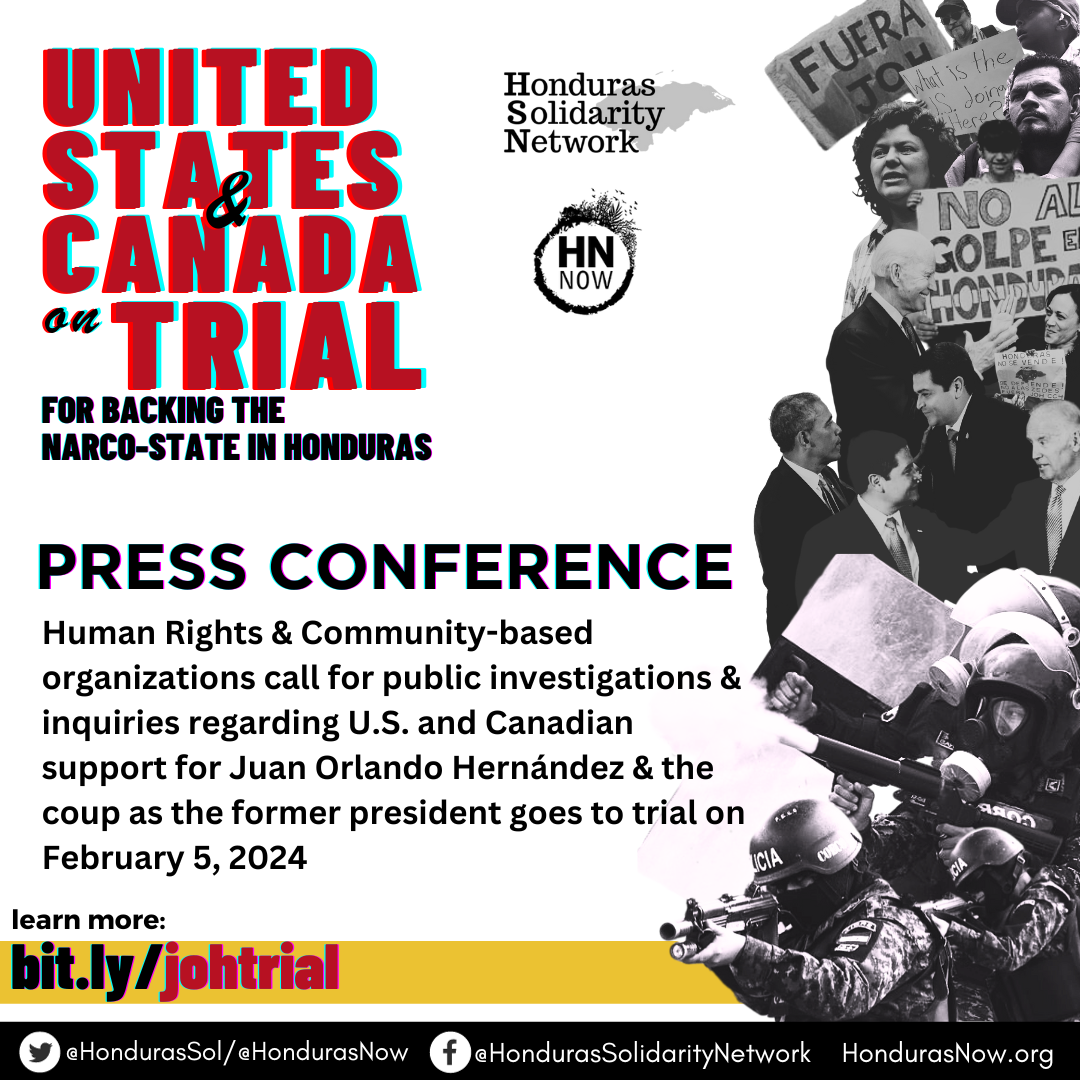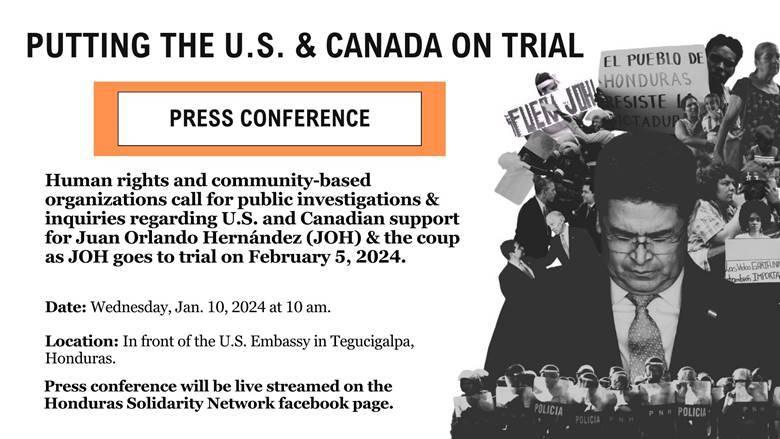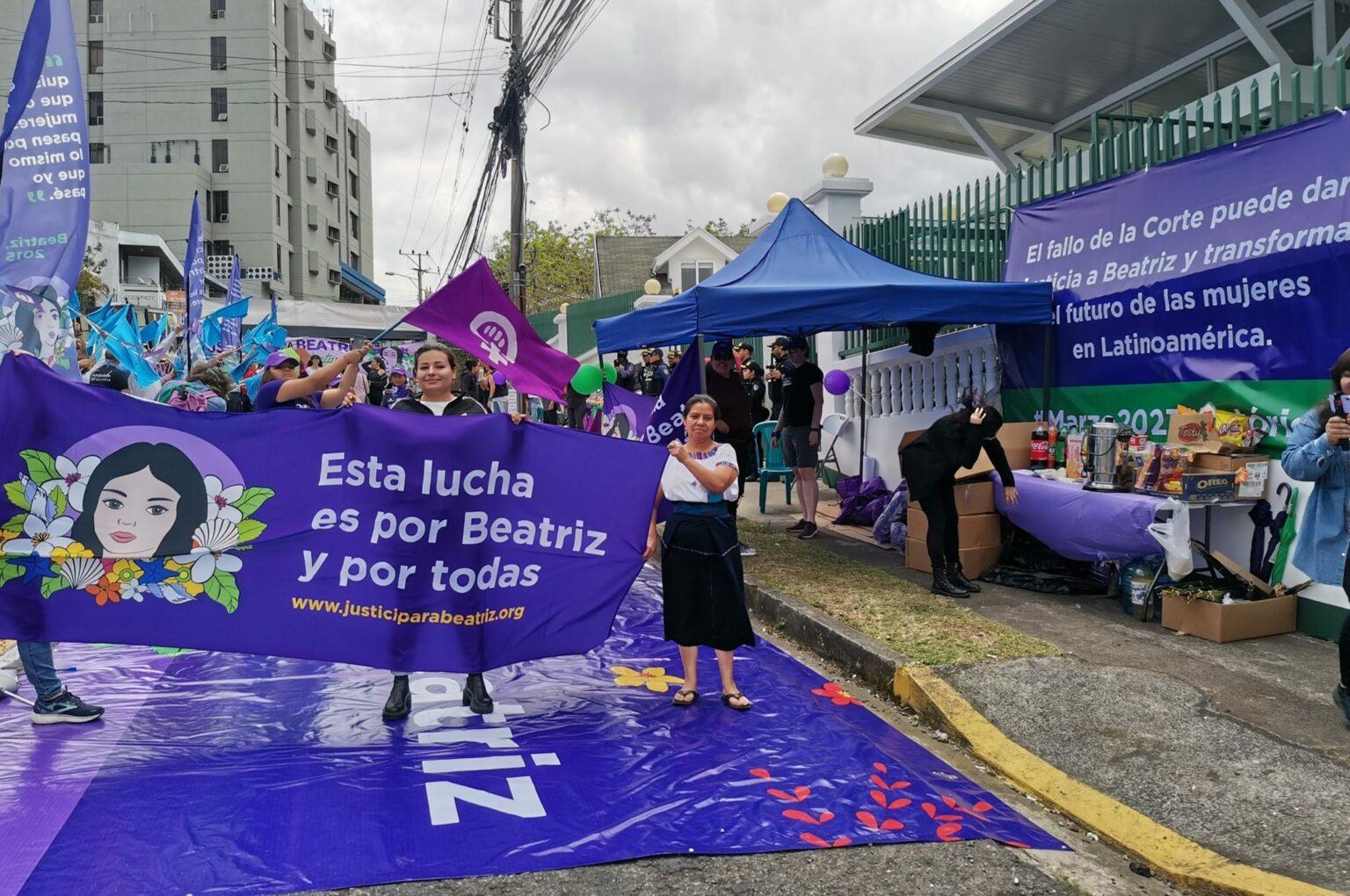Xinka Indigenous communities in Jutiapa, Santa Rosa and Jalapa face threats and heightened security risks because of their ongoing struggle to defend their health, water, forests, lands, and territory against the threat of megaprojects like energy generation and mining. In a letter to the US State Department in September 2023, 13 members of the US House of Representatives expressed concern for the security of the Xinka people. A month later, Noé Gómez Barrera, a well-respected Xinka Indigenous community leader was assassinated in Jutiapa on October 28, 2023. The 69-year old leader was a member of the ancestral authorities of the Xinka Parliament of Guatemala. Since 2002 he fought for Xinka rights in Jutiapa against the company Renewable Energy Alternative (Alternativa de Energía Renovable).
- Home
- About Us
- Issues
- Countries
- Rapid Response Network
- Young Adults
- Get Involved
- Calendar
- Donate
- Blog




